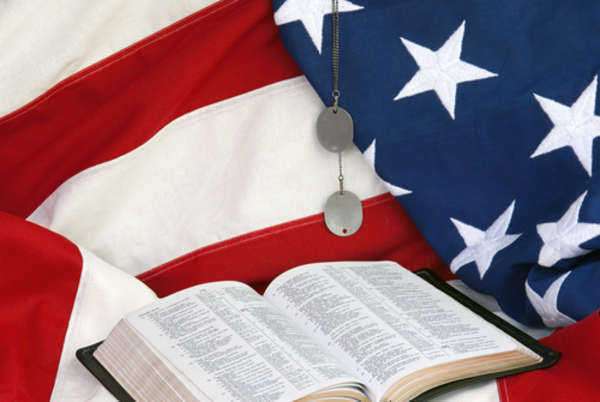Know The Possible Effects of Widespread Legalization
Representatives of the COLAGE Movement (Children of Lesbians and Gays Everywhere) estimate that over 10 million American children have at least one lesbian, gay, bisexual or transgender parent. As noted elsewhere, though, gay and lesbian adoptions have many opponents.
More importantly, though, gay and lesbian adoption is not protected by any Federal mandate or Constitutional Amendment. If a State is opposed to gay and lesbian adoptions of children, there is little immediate recourse for couples to apply for joint custody other than uprooting themselves and moving to a more tolerant State.
Nonetheless, with growing acceptance of LGBT individuals in the United States, widespread legalization of gay and lesbian adoption in the near future is not unreasonable. Below are considerations on what that may mean for the country:

Certainly, aside from the obvious gift of a child that gay and lesbian adoption affords same-sex couples, widespread gay and lesbian adoptions may lead to more universal comfort and understanding of homosexuality in the United States. As same-sex partners will have the chance to educate their adopted children from a young age, those children who grow up in a loving home might naturally be less likely to attach a stigma to designations under the LGBT umbrella.
By the same token, though, rapid expansion of gay and lesbian adoption may create somewhat of a backlash in many communities. In general, religious conservatives, who tend to predominate in the South and the Midwest, are opposed to even civil unions for gays and, needless to say, would not want to see "their children" cared for by homosexuals. In fact, one could foresee instances of prejudice and violence becoming only more prevalent in the wake of such a decision.
In light of the practical difficulties of such a large-scale plan, perhaps gay and lesbian adoptions are best decided on a case-by-case or State-by-State plan that allows for more resistant jurisdictions to come around on the anti-LGBT adoption debate.